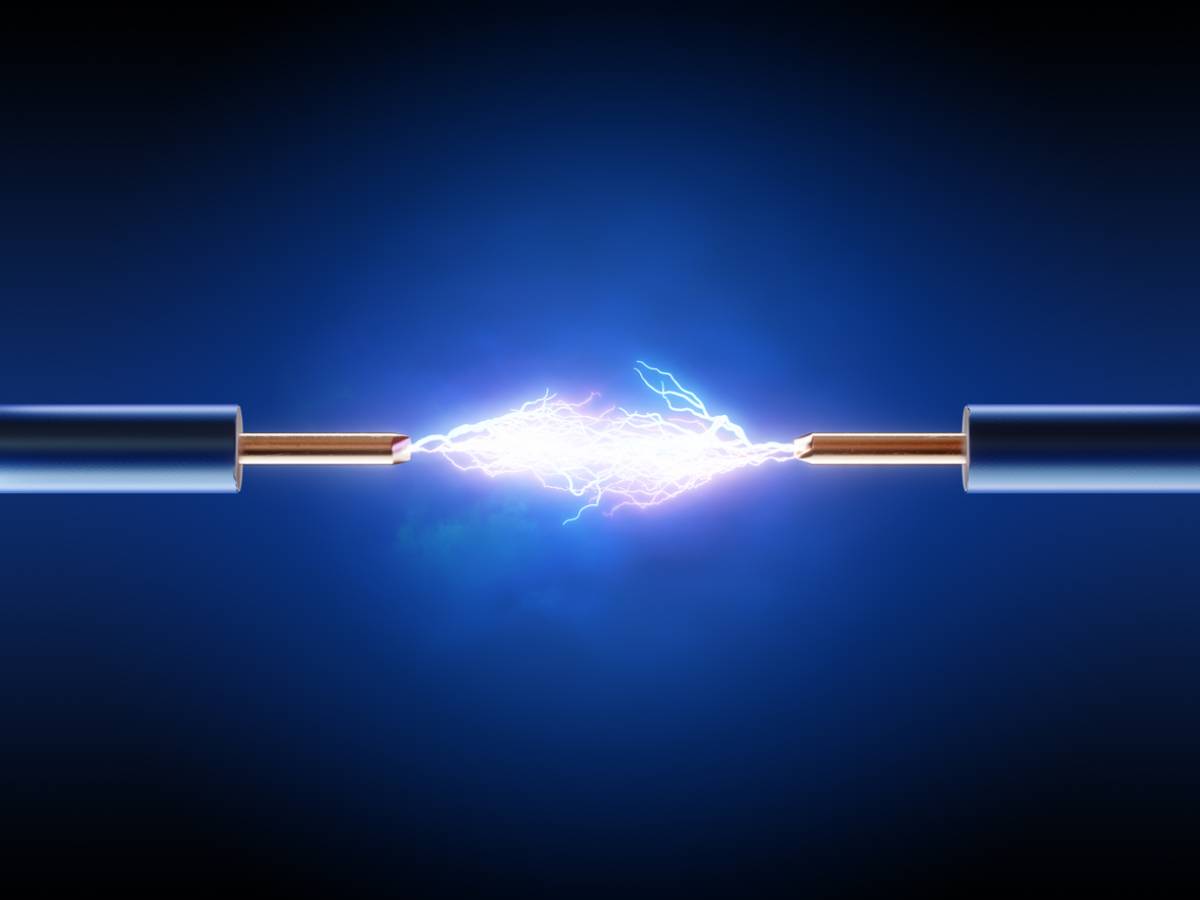When to Use High-Voltage Wires and Cables
Wires and cables are used in so many different applications. From industrial settings to individual homes, they are an integral part of electrical systems. They power and transmit electricity. Knowing the difference between cables is critical for several reasons. It ensures the safety and efficiency of electrical systems. Below, you will find when to use high-voltage wires and cables.
When to Use High-Voltage Wires and Cables
High-voltage cables carry large amounts of electrical energy. They are specifically designed to do this. Because of the function of high-voltage wires and cables, they can handle a lot of electrical stress. High voltage cables often consist of a conductor, insulator, metallic shield, and protective outer layer. This is necessary to ensure the safety and reliability of the cable. High-voltage wires and cables are used in several different settings.
Industrial and Commercial Applications
Large industrial machinery and equipment require a lot of power. This is necessary to operate efficiently and effectively. High-voltage cables are used to supply power in these settings. They can easily transmit power without failure or risk of overheating.
Large Buildings
Large building complexes and high rises use high-voltage cables. This is because they need adequate power to operate the entire building with ease. High-voltage cables are effective in distributing electricity evenly. They can also withstand the pressures that come with large buildings, including lighting, HVAC systems, and elevators.
Applications Over Long Distances
High-voltage cables are effective in transmitting electricity over long distances. Common applications that require this include power plants, Which transmit electricity to homes and businesses. Reliable and consistent power is necessary for localities to operate effectively. High-voltage cables can ensure this without issue.
High-Power Electric Vehicles
Electric vehicles have become more and more popular over the last few years. High-voltage cables are used to connect the battery to the vehicle’s motor. They are also used to connect the vehicle to other high-power components like the charging station. They are used for electric vehicles, large and small, including electric cars and buses.
High and Low Voltage Cables
There are unique differences between high and low-voltage cables. Both operate for the same purposes, transmitting electricity and providing power to applications. However, they have unique differences. High-voltage cables are used to power large applications. This includes industrial and large-scale electrical systems. They can reach long distances due to their massive power. Unlike low-voltage cables, they have thicker insulation, stronger conductors, and metallic shielding.
Alternatively, low-voltage cables are used in smaller applications. This includes basic electrical systems and small appliances. They are often used in residential settings as they do not need to reach long distances. Low-voltage cables are commonly designed for everyday electrical needs, including smart home devices, telecommunication systems, and home wiring. They do not have as much power as high-voltage cables. Despite having a lower voltage, they should still be used with care and caution. All electrical cables and wires have the potential to be dangerous if they are not used as intended.
Custom Wire and Cable Supplier
Getting the right cables and wires for your application is critical for its overall function. Working with a custom wire and cable supplier is key to ensuring you find the right product. The team at Calmont Wire & Cable has been in the industry for decades. They are industry leaders as they have worked in countless industries. From the medical field and robotics to the aerospace and military industry. Their team of engineers can customize and design cables that are right for your application. Contact their team today for more information!



